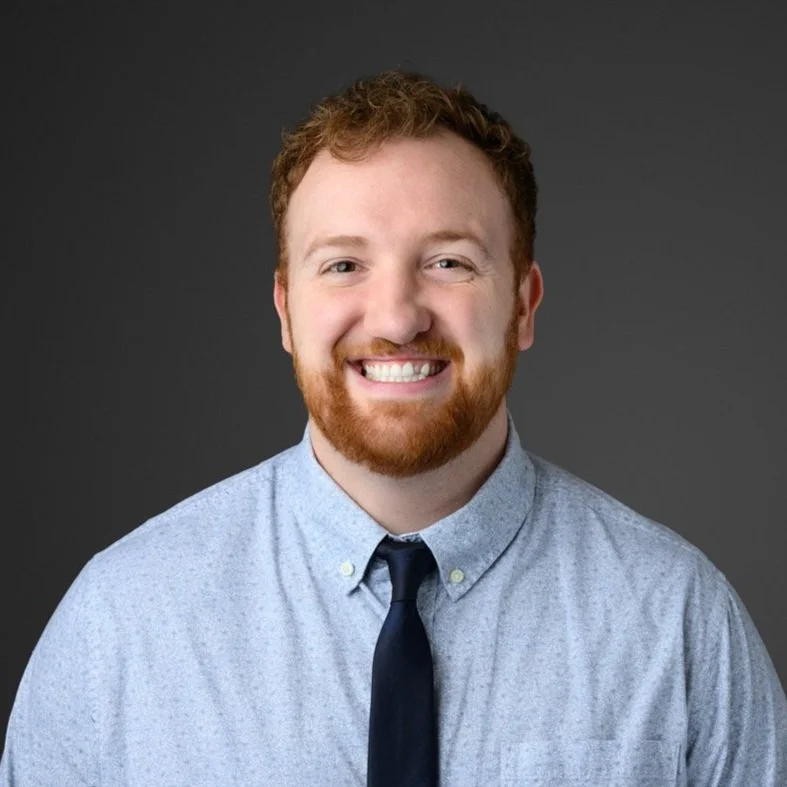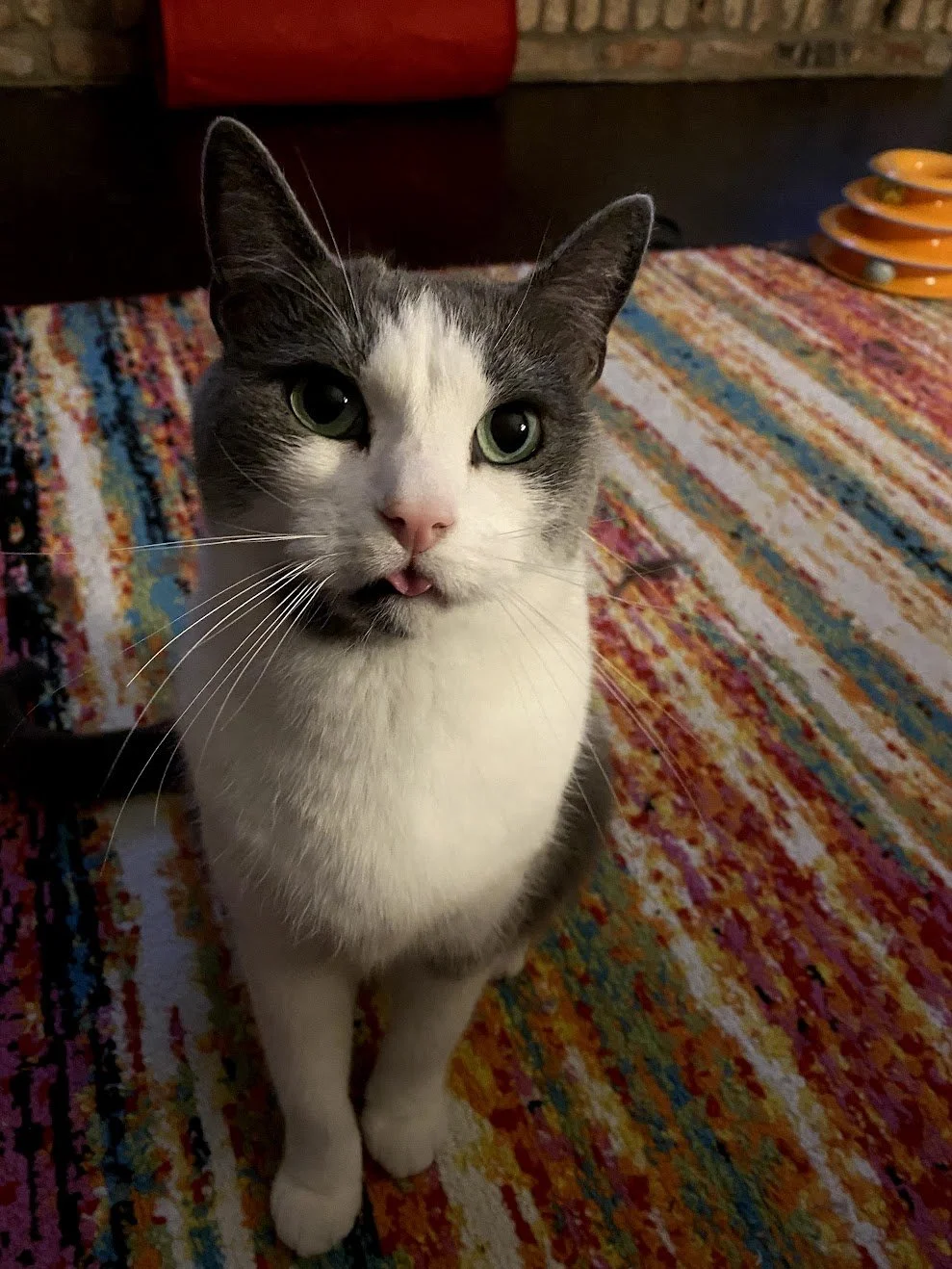Hello there!
It’s me again.
I’m glad you made it.
Virtual Therapy for when ADHD and/or Autism Gets in The Way
You’re ready to take back control over your life but your inconsistent follow through, emotional fluctuations, and self-doubt keep holding you back.
Whether it’s related to ADHD symptoms, ASD (Autism) symptoms, or other co-occurring conditions, it can often feel like you’re trying to hold everything together with duct-tape and good intentions. It’s exhausting and the more responsibilities you add, the harder things get. It doesn’t seem like everyone else is bursting at the seams. Why does this feel so difficult?
If only you had more time to do things the “right” way. If only other people could give you the benefit of the doubt, or at least try to understand what it feels like from your perspective. You just want to be evaluated on your strengths rather than judged for your relative weaknesses.
Whether you’ve been officially diagnosed with ADHD or ASD (and anything else), or have self-diagnosed on the basis of rigorous research, or perhaps you stumbled here by accident but what you are seeing is resonating deeply with you. You’re in the right place!
And hey, I’ve been there too!
Hi, I’m Matt (he/him)! Therapist, cat herder, Taylor Swift aficionado, and all around nerd.
I am a licensed psychological associate (LPA/masters level psychologist) working under the direct supervision and licensure of Diana Storey, PsyD. For the past two years, I have helped numerous folks with ADHD and/or ASD take control back from these conditions and the many assumptions that come with them, leading to a more balanced and meaningful life.
At the tail end of my second graduate program (this one for clinical psychology) I began to realize just how unique my academic journey had been compared to my peers. I never really struggled with school, as learning has always been one of my special interests, but throughout school classmates had asked me to explain how I did what I did (i.e., studying, writing lengthy papers, turning things in at the last minute and still getting good grades, retaining information, etc.) and I never really had a satisfying answer.
I didn’t know why my process worked for me, and they certainly didn’t know how much stress and shame came with it. That’s when I started to look more seriously into ADHD. Maybe there was a satisfying explanation after all. Turns out, the more I searched, the more I found out about myself and my ADHD brain.
This single discovery led to greater self-acceptance, helped create confidence where there was once self-doubt, and helped me achieve improved emotional regulation and consistency (and much more).
That’s why I said that I’ve been there too. I have seen it happen again and again with my clients.
I want these same outcomes (and more) for you!
What I bring to the table
What we in therapy-world call the “therapeutic relationship”
The following values influence how I show up as a therapist and they tend to be values that my clients possess or desire as well:
-

Research Based
I believe that the best therapy for ADHD and ASD is based on up-to-date research. This sets me apart from other therapists whose knowledge of ADHD and ASD are based in what they learned during grad school, despite numerous developments in the field.
I also have significant assessment knowledge and experience related to assessing and diagnosing ADHD and ASD, and many of the inherent shortcomings of these assessments.
-

Highly Authentic
I believe that effective therapy is build upon the foundation of a quality therapeutic relationship. Some clinicians prefer the therapeutic relationship to create distance and highlight their expertise, while I believe that leading with authenticity informed by expertise is more effective with clients who have ADHD or ASD.
And my clients have indicated how foundational this authenticity is in making space to be more fully themselves, in and out of sessions.
-

Eclectic Approach
I believe that clients with ADHD and/or ASD are more responsive to forms of therapy that adapt to their specific needs.
In general, I pull from Person-Centered Therapy, Motivational Interviewing (MI), Mindfulness-Based Therapies, Internal Family Systems (IFS), Family Systems Therapy, Cognitive Behavioral Therapy (CBT), and Dialectical Behavioral Therapy (DBT).
I frequently look for additional modalities and skills to enhance my approach.
-

Personalized
I believe that different forms (or modalities) of therapy are more effective for some people than for others.
As a result, I tailor my approach on the basis of your symptoms, goals, and personality rather than by trying to tailor you to fit a specific therapeutic form. This often starts from our first interaction and lasts the entire duration of your time in therapy. If it ever feels like we are missing something, please let me know what needs to change!
My clients have also identified this as one of the most important elements to their successes in therapy.
-

Conversational
I believe that therapy should mirror other significant relationships in your life, at least in a few notable ways.
Being a therapist has an implicit power and often inferred reference/expertise, which can result in feeling distant and othered. I believe that a more conversational approach helps correct this power imbalance, at least in part. I don’t expect you to fill each session by talking with a only nod or occasional interjections from me. Likewise, I hope that you don’t want me to fill out the time without room for you to talk!
Instead, I tend to focus on making the flow of therapy feel like a conversation, with room for both the client and therapist to share.
-

Inclusive
I believe that therapy of all stripes ought to be inclusive. It it the very nature of therapy to meet clients where they are, rather than expecting them to fit inside a predefined expectation of what it means to be a client. I position myself as a strong advocate for you and your needs.
Invisible Strings is a disabled-owned practice, as ADHD is considered a disability (as is ASD), inclusivity is a core tenet of our business and of the way that we show up in therapy.
I am experienced and knowledgeable in working with BIPOC, AAPI, and LGBTQIA+ individuals.I am also are experienced in working with individuals with strong religious identities and with those who have experienced religious trauma/abuse.
Our five course meal
AKA My Therapy Process
This process can be thought of as linear, but for many clients we can jump back and forth between stages while still maintaining overall improvement.
-
Whether you call, email, or book online therapy always starts with a mini-introduction to help determine if we are a good fit. During this call, I will address any questions you may have about and we will conclude by setting up your next appointment.
-
During your first official appointment, I will review all of your completed intake paperwork, direct your attention to specific practice policies, and begin to get to know you better. This session tends to me more clinical as I need to gather information about your symptoms, medical and family history, etc. so that I can provide an accurate diagnosis. What is a diagnosis exactly? A medical label that helps direct your care. We can also talk about implications of having a diagnosis and how it can lead to accommodations or other supports in your workplace or at school.
-
When it comes to ADHD and Autism (as well as numerous other mental health conditions/diagnoses), there is often work to be done to reverse a lifetime of negative self-talk and judgements/assumptions that are directed inward. Following your initial intake, we spend numerous sessions working on laying a solid foundation for the work ahead. We aim for at least a neutral interpretation of your diagnoses, but ideally we strive for a positive outlook which will then inform optimism about the work to come!
-
Once we have a healthy foundation, we will spend a bulk of our time working on developing autonomy, which I define as a belief in one’s ability to make actively make decisions in some desired direction (contrasted against passivity, where others or the environment is blamed for one’s current dilemma) . The more you can believe that your actions have meaning and help direct you toward your goals, the greater confidence you will embody! I like to say confidence comes by doing, not by thinking about doing.
-
This stage focuses on skills acquisition to address specific concerns from low/inconsistent motivation, academic/workplace accommodation supports, medication management assistance, time-management, planning and organization, relational/communication challenges, etc. One sufficient skills are built on top of the previous foundational work, we enter the maintenance phase. This occurs near the end of therapy and is marked by the belief that you are more and more capable of handling new and historic challenges with less and less support.
I was born with a cleft lip, which informs all of the work I do. Historically, being born with this condition was terminal. I would not be the person I am today apart from the time I spent in hospitals for surgeries. My empathy, public speaking skills, and observational skills are all intrinsically tied to being born with a cleft!
I am from a small town in Central Illinois. If you are familiar with Peoria, I grew up around 40 minutes from there!
I have been married to the love of my life for 12 years! She is my best friend and there is no one else I’d rather share my life with.
I have five cats named Kiba (age 10), Charlie (8), Sage (~7), Lottie (5), and Finn (3). All of them were street cats before being rescued/adopted by my wife and I.
More about me:
Kiba
Sage
Charlie
Lottie
Finn
I have another master’s degree in Christian Theology. I can talk endlessly about this, so feel free to ask! This experience enabled me to develop therapeutic skills to help navigate religious/church trauma as well as skills related to deconstruction/reconstruction of one’s faith.
Related to that, I can read Ancient Greek and Hebrew, which is not a skill I use much in therapy, but I think it’s neat!
“Frodo: I wish the Ring had never come to me. I wish none of this had happened.
Gandalf: So do all who live to see such times; but that is not for them to decide. All we have to decide is what to do with the time that is given to us.”
“Gandalf: I am looking for someone to share in an adventure that I am arranging, and it’s very difficult to find anyone.
Bilbo: I should think so—in these parts! We are plain quiet folk and have no use for adventures. Nasty disturbing uncomfortable things! Make you late for dinner! I can’t think what anybody sees in them. . .
Gandalf: You’ll have a tale or two to tell when you come back
Bilbo: You can promise that I’ll come back?”
Gandalf: No. And if you do, you will not be the same”






